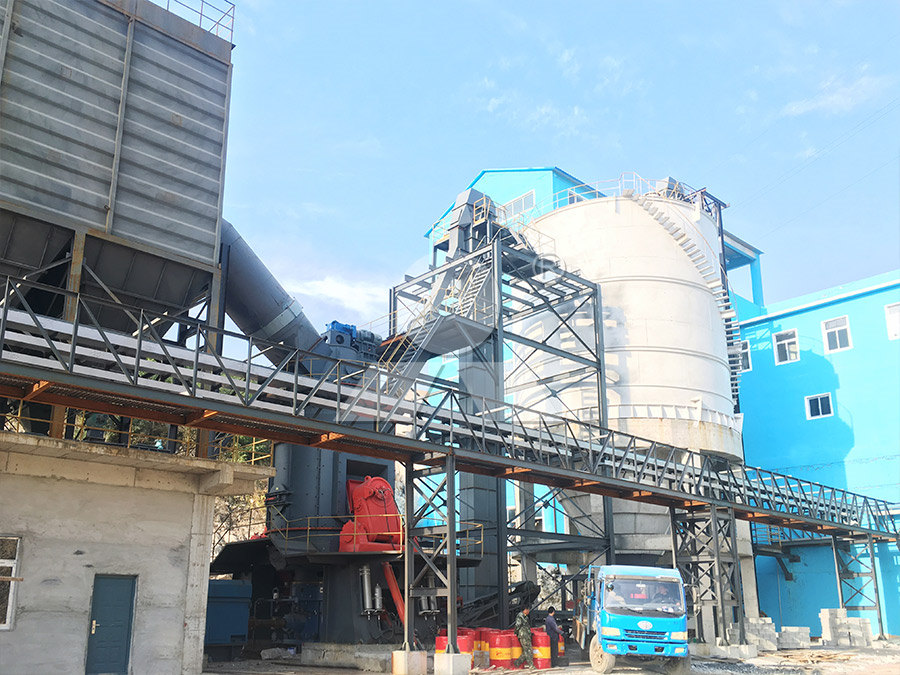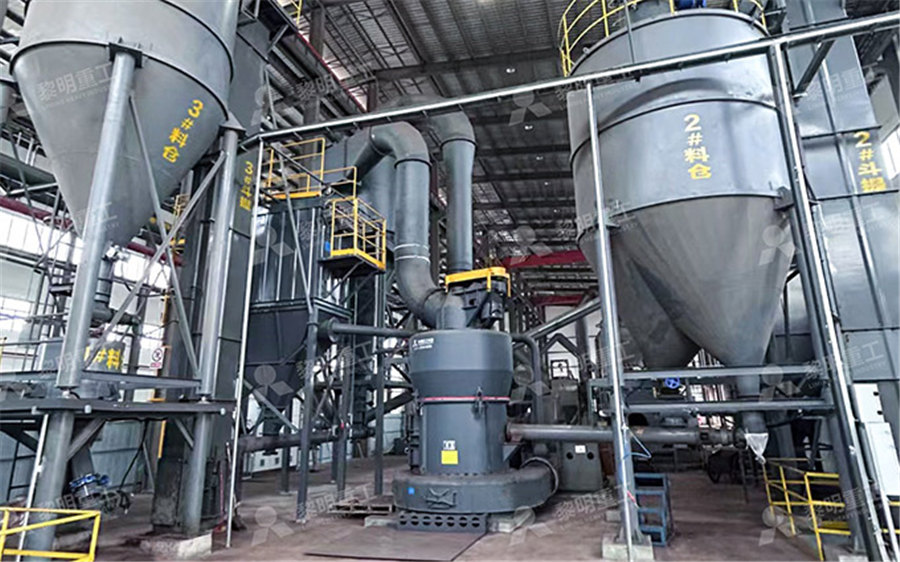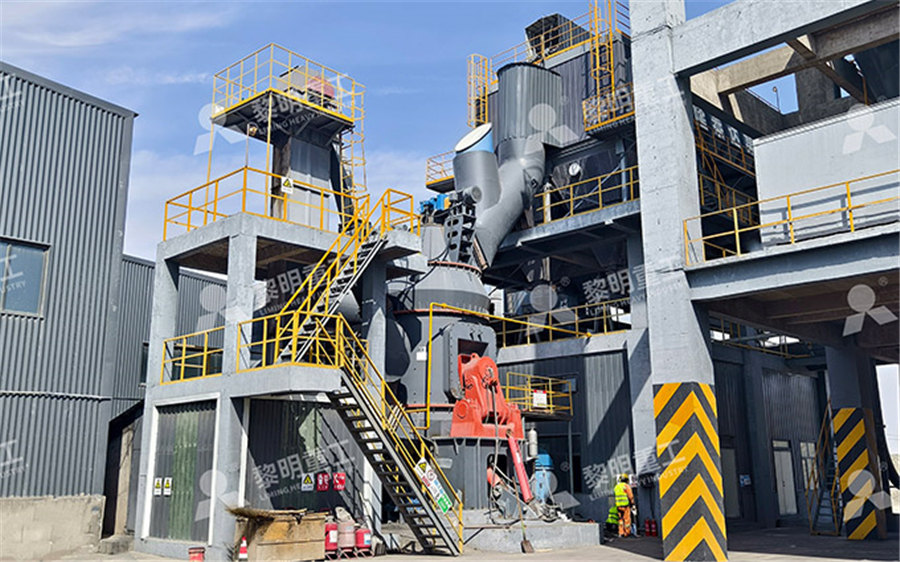
What to do if fly ash requires a lot of water

What Is Fly Ash and How Is It Used in Concrete? The Spruce
In the commercial and industrial sectors, fly ash has a wide variety of applications and uses, though it is primarily known for improving the durability and workability of concrete mixes Fly ash is also a filler in paints, adhesives, and metal and plastic composites It's commonly 展开Fly ash (FA), a particulate byproduct of burning various waste materials, is a pressing issue due to its environmental impact on soil, water, and air However, this waste can be repurposed for Fly ash as zero cost material for water treatment applications: A 2024年7月22日 The Fly Ash Concrete Mix Requires Less Water: The use of fly ash instead of cement reduces the amount of water required for a particular slump When fly ash is employed Fly Ash in Concrete: Sustainable Building Practices BricknBolt2023年10月9日 For this reason, alternative reusable materials that improve the mechanical properties of concrete, such as fly ash, are currently being investigated as an effective solution to reduce problemsUse and effect of fly ash in concrete: A literature review
.jpg)
Chapter 3 Fly Ash in Portland Cement Concrete Fly Ash Facts
2017年6月27日 Fly ash requires a separate watertight, sealed silo or holding bin for storage Take care and clearly mark the loading pipe for fly ash to guard against crosscontamination 2021年9月1日 Fly ash wastewater treatment methods are economical, environmentally friendly, and efficient (Mushtaq et al, 2019) As mentioned earlier, unburned carbon in fly ash allows Fly ash properties, characterization, and applications: A review2018年9月1日 To realize sustainable development and beneficial use of fly ash in the construction industry, this paper presents a comprehensive review of relevant literature to Characteristics and applications of fly ash as a sustainable 2015年2月6日 Furthermore, fly ash enhances concrete performance—including increased strength, improved sulfate resistance, decreased permeability, a reduction in the water/cement ratio required, and enhancement of pumpability The Truth About Fly Ash Green Builder Media
.jpg)
Utilization of Fly Ash in Wastewater Treatment: A Review
2024年1月17日 To capture fly ash that has crystallized while still in the exhaust gases, electrostatic precipitators or filter bags are utilized Fly ash particles are spherical, can range in Fly ash is used in concrete and other portland cementbased systems primarily because of its pozzolanic and cementitious properties These properties contribute to strength gain and are 2322R18: Report on the Use of Fly Ash in ConcreteHi, I am Mike Day, owner of Day’s Concrete Floors, Inc in Maine I've been working with concrete for 40 years now, and this website is where I can share with you all the knowledge, wisdom and expertise I've gained from installing all FLY ASH CONCRETE WHAT ARE THE REASONS FOR 2022年12月23日 Coal fly ash (CFA) is a type of solid waste produced in the process of coal combustion, which is rich in silicon oxide, aluminum oxide and a small number of heavy metals and radioactive elements Therefore, CFA is Recycling of Coal Fly Ash in Building Materials: A

Fly Ash Concrete Alberta
Fly ash requires less water than Portland cement and is easier to use in cold weather It's highly impermeable and resistant to the ingress of water, chlorides and oxygen The use of fly ash in concrete can contribute to LEED points 2015年2月1日 Coal fly ash accounts for 5–20 wt% of feed coal and is typically found in the form of coarse bottom ash and fine fly ash, which represent 5–15 and 85–95 wt% of the total ash generated, respectivelyCoal ash is discharged by both wet and dry methods of coal combustion Bottom ash refers to the ash that falls down through the airflow to the bottom of the boiler and A comprehensive review on the applications of coal fly ash2023年12月1日 Globally, over the years, fly ash (FA) has been successfully used in structural fills as a substitute for conventional infill material As per the global industry trends and forecast report, the utilization rate of FA in 2021 was 74% in China, 65% in India, and 70% in the United States (US) Despite substantial research being done on the usage of FA as a substitute all Potential use of fly ash in structural fill application: a review2014年1月24日 Fly ash (FA) is a byproduct of power, and incineration plants operated either on coal and biomass, or on municipal solid waste FA can be divided into coal fly ash, obtained from power plant burning coal, flue gas desulphurisation FA, that is, the byproduct generated by the air pollution control equipment in coalfired power plants to reduce the release of SO2, biomass Review of fly ash inertisation treatments and recycling
.jpg)
Fact Sheet –Coal Fly Ash and Its Health Risks Crofton First
This fact sheet provides information about coal fly ash and its health risks, with special reference to contaminated ground water and dusts associated with the fly ash disposal site near Summerfield Road in Gambrills, Maryland What is coal fly ash? Coal fly ash is the powdery material left over from burning ground or powdered coal2022年12月1日 Methods of sampling fly ash: 2021: Japan: JIS A 6201: Fly ash for use in concrete: 2015: United Kingdom: BS EN 4501: Fly ash for concrete Definition, specifications and conformity criteria: 2012: BS EN 4502: Fly ash for concrete Conformity evaluation: 2005: PD CEN/TR 15840: Evaluation of conformity of fly ash for concrete Guidelines for Fly ash for sustainable construction: A review of fly ash concrete 2019年7月15日 As well known, a lot of unburned carbon is always contained in raw fly ash, which is an obstacle to the utilization of fly ash [1, 27]In concrete industry, fly ash has been reutilized as raw materials directly [35, 51], while there is a strict requirement to the content of unburned carbonThe carbon content in fly ash is traditionally in the range of 2–12% while Separation of unburned carbon from coal fly ash: A review2020年12月9日 This paper discussed the production process, physical and chemical properties, leaching properties, pretreatment methods, and applications of fly ash and bottom ashPhysical and Chemical Properties, Pretreatment, and Recycling of
.jpg)
2322R18: Report on the Use of Fly Ash in Concrete
Fly ash possesses pozzolanic properties similar to the naturally occurring pozzolans of volcanic or sedimentary origin found in many parts of the world Two thousand years ago, the Romans mixed volcanic ash with lime, aggregate, and water to produce mortar and concrete (Vitruvius 1960) In modern concrete, fly ash combines with calcium hydroxideA key to using the product safely requires the user to recognize that fly ash reacts chemically with water to produce calcium hydroxide which can cause severe chemical burns Every attempt should be made to avoid sk in and eye contact with fly ashDo not get fly ash inside boots, shoes or gloves Do not allow wet, saturated clothi ng to remainFly Ash Safety Data Sheet English Heidelberg Materials2020年3月20日 The innocuous disposal of MSWI fly ash has attracted a lot of attention, and this field still has many challenges in the degradation of PCDD/Fs The aim of this paper was to provide the overview of the formation mechanism of dioxins in fly ash and some effective degradation methods in order to realize largescale utilization of MSWI fly ashDegradation technologies and mechanisms of dioxins in 2018年9月1日 The main purpose of this work is to provide a comprehensive review of fly ash as a construction material To achieve this goal, this literature review uses the following five steps: (1) Selecting review topics as follows: characterization, compositional understanding, activation approaches, nanotechnology applications, durability and sustainability evaluations of fly ash or Characteristics and applications of fly ash as a sustainable
.jpg)
Fly ash for sustainable construction: A review of fly ash concrete
2022年9月1日 Fly ash particles occupy the small voids space left between the angular cement and aggregate particles to release the trapped water, thus fly ash blending increases the flow ability and reduces 2020年7月1日 The data on the compressive strength of concrete after fly ash and rice husk ash had been added in percentage increments of 0%, 10%, 20%, 30%, 40%, 50% and 0%, 5%, 75%, 10%, 125%, 15% (PDF) Compressive Strength of Concrete using Fly Ash and Rice Husk Ash Google's service, offered free of charge, instantly translates words, phrases, and web pages between English and over 100 other languagesGoogle Translate2020年11月28日 There are 2 primary forms of ash left over from waste to energy incineration: Incinerator Bottom Ash (IBA) Air Pollution Control Residues (APC), also known as Fly Ash These two different kinds of ash are picked up at different points in the incineration process and are disposed of and used in different ways INCINERATOR BOTTOM ASHWhat happens to Waste to Energy Incineration Ash?
.jpg)
Generation and nature of coal fly ash and bottom ash
2017年1月1日 The basic types of coal combustion and gasification systems have been described in detail by Kitto and Stultz (2005, Chapters 14–18 chapter 14 chapter 15 chapter 16 chapter 17 chapter 18), with further discussions by Berkowitz (1979) and Henderson (2003)The details of the various plant designs are discussed in those references2023年1月7日 2Storage in Bags: Fly ash in bags will also agglomerate after being exposed to moisture, reducing its strength and even being unusable Therefore, for bagged fly ash, do not break the paper bag The warehouse for storing bagged fly ash should be kept dry, and the roof and outer walls should not leak water; the ground pad should not be less than 300mm from the Why Use Steel Silos to Store Fly Ash2020年6月18日 Background Fly ashes from municipal solid waste incineration contain significant amounts of (technology critical) elements Processes to recover Cu or Zn are already in practice, but it still remains difficult to evaluate Municipal waste incineration fly ashes: from a multi 2008年10月23日 I just installed my P68 on Saturday and have been burning it off and on ever since The stove is great and puts out an enormous amount of heat The only concern that I have is that there seems to be a lot of fly ash embers flying around all over the place Is this a normal condition? I'veFly Ash Hearth Forums Home

Fly Ash as Sustainable Material for Green Concrete
2015年5月1日 Fly ash is finely divided residue resulting from the combustion of powdered coal and transported by flue gases and collected by electrostatic precipitationFly ash is a solid byproduct from the pulverization of coal in thermal power plants It is a costeffective raw material that has gained so much attention from industrialists forA Review on the Utilization and Environmental Concerns of Coal Fly Ash2017年3月13日 A Class F fly ash with high carbon content may increase the required admixture dosage by as much as 5 times compared to a portland cement concrete without fly ash A Class C fly ash with low carbon content typically requires 20% to 30% more admixture” Good quality fly ash generally reduces water demand, similar to liquid chemical water reducersSCMs in Concrete NPCA2012年10月1日 Fly ash improves the mechanical properties of concrete on the same principle as it improves durability because it chemically reacts after hydration, filling interstitial pores with extra high (PDF) On Effects of Fly Ash as a Partial Replacement of Cement on
.jpg)
What is Fly Ash? Physical and Chemical Properties of Fly Ash
2022年1月26日 Class F Fly Ash The flaming of harder, older anthracite bituminous coal typically produces Class F fly ash This fly ash is pozzolanic contains less than 10% lime (CaO) and possesses pozzolanic properties The glassy silica alumina of Class F fly ash require a cementing agent, such as Portland cement, quicklime, or hydrated lime Class C 2022年9月1日 Fly ash acquired from power stations causes removal challenges and environmental concerns Disposal concerns can be solved by employing these waste materials as a raw source to improve soil stability(PDF) A review on the effect of fly ash on the ResearchGate2020年6月28日 Alkaliactivated binders, more commonly referred to as “geopolymers”, have recently emerged as a good alternative to traditional binders (eg, lime and cement) for soil stabilisation(PDF) Review of FlyAshBased Geopolymers for Soil2023年2月11日 Fly ash powder affects the environment, but it has a different direct impact on the human body Figure 5 summarizes the effects of fly ash powder on the environment and the human body The figure shows that due to rain in the landfill and ash ponds leads to the leaching of various toxic metals such as lead, cadmium, arsenic, mercury, etc, pollutes the A Review of Coal Fly Ash Utilization to Save the Environment

Emerging wastetowealth applications of fly ash for
2023年6月15日 Download: Download highres image (770KB) Download: Download fullsize image Fig 1 The discharge process of fly ash material and associated fly ashbased applications The discarded fly ash from power plants can be efficiently utilized in a wide range of applications such as environmental treatment, catalysis for waste remediation and energy generation, as 2022年12月1日 From the above literature review, it is obvious that different sources of fly ash materials will give different characteristics of the fly ash and will have a different effect on the synthesis of fly ash and soil therefore, more studies are needed considering different fly ash sourced in order to figure out the influence of the same on the engineering properties of the soilA review on the effect of fly ash on the geotechnical properties 2018年1月1日 Class F fly ash contains a small quantity of lime Thus, compressive strength is reduced with the increment of fly ash content in concrete However, due to the pozzolanic activity of fly ash, the compressive strength increased in later stages of curing [4], [5]The amorphous silica present in fly ash undergoes a chemical reaction with the calcium hydroxide and Effect of class F fly ash on the durability properties of concrete2019年9月20日 That is, the finer t he fly ash particles the greater the reduction in water d emand The finer fly ash is preferred as it leads to a bigger saving in cost by reduc ing water demand(PDF) THE EFFECT OF FLY ASH ON THE WORKABILITY AND

Concrete with Fly Ash vs Concrete without? Contractor Talk
2010年3月31日 The reason I am asking is, we have for quite some time, used ready mix suppliers who use the fly ash (at around 15% ratio I think) But, we have recently (last couple of months) been using a ready mix supplier who does not use fly ash, straight cement only, or so we are told The nonfly ash supplier's concrete definitely gets harder faster2019年9月26日 This experimental study further investigated the feasibility of using the local FA to replace cement at weight ratios ranging from 40% to 70% to produce high volume fly ash (HVFA) concrete(PDF) Water absorption of high volume fly ash concrete prepared Workability of o concrete is also linked to the water content Moreov over, fly ash lowers the required amount of water in the manufacture off cconcrete In fact, for each 10% volume fraction of fly ly ash added to concrete there is a water reduction of about 3% [7](PDF) THE EFFECT OF FLY ASH ON THE WORKABILITY AND A key to using the product safely requires the user to recognize that fly ash reacts chemically with water to produce calcium hydroxide which can cause severe chemical burns Every attempt should be made to avoid sk in and eye contact with fly ashDo not get fly ash inside boots, shoes or gloves Do not allow wet, saturated clothi ng to remainFly Ash Safety Data Sheet English Heidelberg Materials

Fly Ash Environment Notes Prepp
2024年11月14日 In the first half of 2019–20, India produced 12909 million tonnes more fly ash than it did in the first half of 2018–19 (9326 million tonnes vs 1209 million tonnes) The particulates (fine particles of burned fuel) and flue gases that are ejected out of coalfired boilers together make up fly ash, also known as flue ash, coal ash, or pulverized fuel ash2017年11月4日 To study the use of fly ash in concrete, cement is replaced partially by fly ash in concrete In this experimental work concrete mix prepared with replacement of fly ash by 0%, 25%, 50%, 75% and 100%Experimental Study on Use of Fly Ash in Concrete ResearchGate













